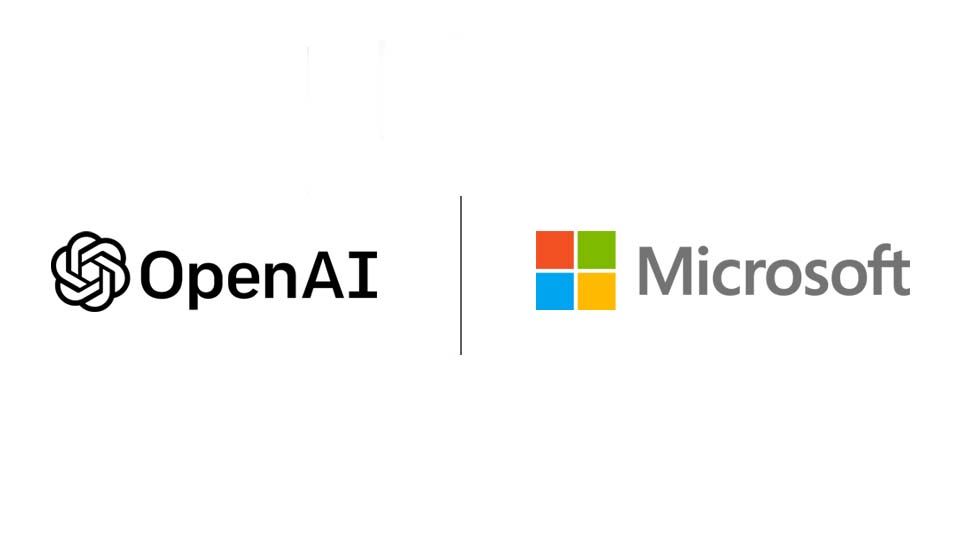OpenAI, the company behind ChatGPT, has announced a non-binding agreement with Microsoft to revise their long-standing partnership. The deal paves the way for OpenAI to convert its for-profit arm into a Public Benefit Corporation (PBC) — a move that could significantly reshape the AI startup’s governance and future funding plans.
What This Means for OpenAI’s Structure
If regulators approve the transition, OpenAI will be able to raise fresh capital and potentially chart a path toward becoming a public company.
Key details:
-
In a blog post OpenAI Board Chairman Bret Taylor said under the non-binding agreement with Microsoft,OpenAI’s nonprofit will continue to exist and retain control over operations.
-
The nonprofit will hold a stake in the new PBC valued at over $100 billion.
-
Terms of the agreement are still undisclosed but aim to balance investor interest with nonprofit values.
Microsoft’s Role in the Partnership
The joint statement from OpenAI and Microsoft described the agreement as a “memorandum of understanding (MOU)” — not legally binding, but outlining the framework of their intentions.
Highlights of Microsoft’s role:
-
Remains OpenAI’s primary cloud services provider.
-
Holds preferred access to OpenAI’s technology.
-
Negotiations aim to reduce Microsoft’s control as OpenAI expands.
Recent diversification by OpenAI:
Governance Challenges and Tensions
OpenAI’s governance model has long been unconventional, controlled by a nonprofit board.
-
In 2023, the board briefly removed CEO Sam Altman, only to reinstate him days later.
-
The governance structure still allows the nonprofit board significant oversight.
-
Tensions with Microsoft surfaced over Windsurf, an AI coding startup OpenAI had planned to acquire.
-
Microsoft sought control of its technology.
-
The deal collapsed.
-
Windsurf’s founders joined Google, and staff went to Cognition AI.
-
Regulatory Scrutiny and Legal Disputes
The agreement still requires clearance from regulators before it can take effect.
-
OpenAI and Microsoft are working with California and Delaware Attorneys General on the transition.
-
Elon Musk’s lawsuit accuses OpenAI of abandoning its nonprofit mission.
-
Musk also submitted a $97 billion takeover bid (rejected by OpenAI’s board).
-
The nonprofit’s new stake in OpenAI PBC is larger than Musk’s offer.
-
-
Nonprofits like Encode and The Midas Project have opposed OpenAI’s for-profit transition.
-
They argue it threatens OpenAI’s mission to benefit humanity.
-
OpenAI claims these groups are funded by competitors like Musk and Zuckerberg — which they deny.
-
Why This Matters for the AI Ecosystem
This deal could reshape how AI startups balance mission and money.
-
Potential creation of a new model where public benefit and profit coexist.
-
Signals a shift in how tech giants and startups negotiate power, access, and control.
-
The outcome will influence investors, regulators, and the global AI ecosystem.
👉 For more updates on AI, startups, and the evolving tech landscape, follow Innovent Blog — your go-to source for startup insights.

